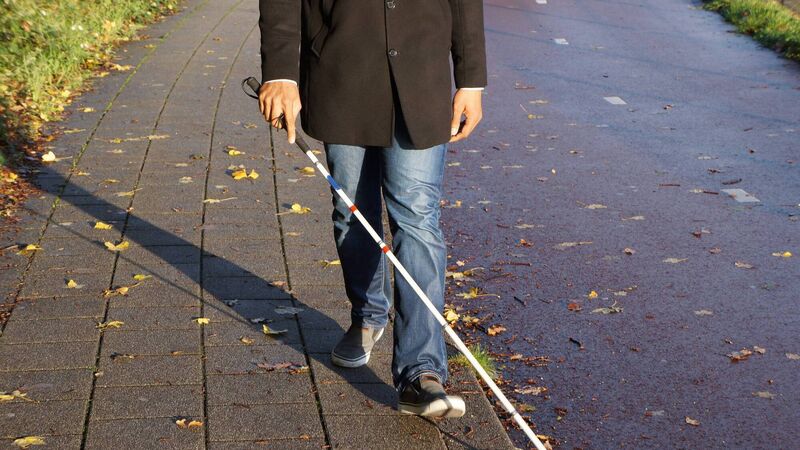Letters to the Editor: Infection risk has robbed blind people of touch

Try from €1.50 / week
SUBSCRIBECovid-19 has affected everyone’s lives, including people who are blind or vision-impaired.
Covid-19 presents unique challenges for blind people: It has robbed them of touch, which is a key way that they navigate the world.
Already a subscriber? Sign in
You have reached your article limit.
Annual €130 €80
Best value
Monthly €12€6 / month
Introductory offers for new customers. Annual billed once for first year. Renews at €130. Monthly initial discount (first 3 months) billed monthly, then €12 a month. Ts&Cs apply.
Newsletter
Sign up to the best reads of the week from irishexaminer.com selected just for you.

Select your favourite newsletters and get the best of Irish Examiner delivered to your inbox
Sunday, February 8, 2026 - 7:00 AM
Sunday, February 8, 2026 - 7:00 AM
Sunday, February 8, 2026 - 1:00 PM
© Examiner Echo Group Limited